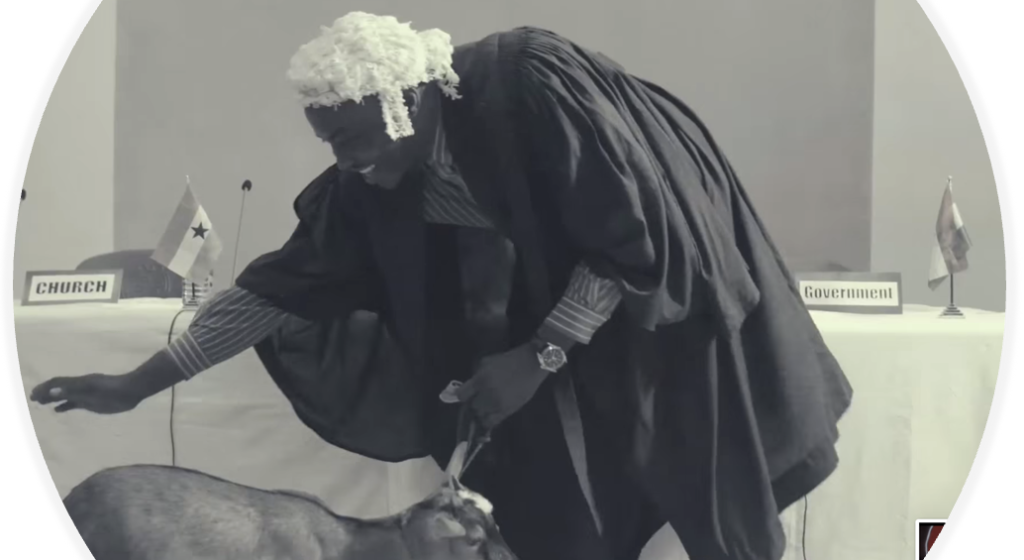Adapted from a lecture handout for the course Theologies in the Public Square
Harold Breitenberg describes public theology as having three defining features. First, it is “religiously informed discourse that intends to be intelligible and convincing to adherents within its own religious tradition while at the same time being comprehensible and possibly persuasive to those outside it.” Second, “public theology addresses issues that bear upon a religious community but also pertain to the larger society, including those who identify themselves with other faith traditions or with none.” Third, it “relies on sources of insight, lan guage, methods of argument, and warrants that are in theory open to all.” Based on these criteria, he proposes a definition for public theology:
Public theology is thus theologically informed public discourse about public is sues, addressed to the church, synagogue, mosque, temple, or other religious body, as well as the larger public or publics, argued in ways that can be evaluated and judged by publicly available warrants and criteria.
Harold Breitenberg, “To Tell the Truth: Will the Real Public Theology Please Stand Up?,” Journal of the Society of Christian Ethics, 2023, 66.
Ghanaian Hip Life legend Obrafour’s music certainly meets the criteria. Obrafour burst onto the Ghanaian music scene in 1999 with his timeless album, Pae Mu Ka. His prophetic credentials were evident from the outset. Obrafour means “executioner” in Akan, an instrument of royal judgment and law-keeping in pre-colonial days. His other moniker, slogan, if you like, is “Ghana Rap Sofoɔ,” meaning “Ghana’s rap priest.” Pae Mu Ka means “proclaim it” or “declare it.” That is what Obrafour did. He slayed corruption, deceipt, indiscipline on the altar of an emerging genre pregnant with the frustrations and ambitions of a generation of Ghanaian millennials. And he did so from philosophical and theological perspectives rooted both in Christianity and the indigenous thought of his Akan heritage.
Throughout his career, Obrafour has been a priest, mediating between a nation and its ancestors, its posterity, and its conscience. And he has done so in explicitly theological terms. In Kwame Nkrumah, he raised us to the alter of libation to the ancestors; in Hope (Brighter Day), he sermonises faith and resilience in the face of hardship; in Nteteε Pa, he excoriates indiscipline and summons a nation to higher ethical standards and patriotism. One song that brings together theology and the nationalistic concern over public ethics is Nkontompo, which comments on public and corruption.
In the song Nkontompo Obrafour takes on a real and present menace bedevilling Ghanaian society. Nkontompo means lies or deceit and chronicles the numerous ways in which corruption cripples the nation, and the many areas of society from which it stems. He does not spare the nation’s political leaders (JAMAH, NADAA Oh?), but neither does he let the extorting clergyman, the lying media, or the sycophantic civil servant go without rebuke. The lyrics are damning, and the beat it is threatening. The whole nation is playing chacha (dice) with God, and the Priest of Ghanaian Rap is not happy at all!

| Chorus What kind of world is this? An evil seriousness (greed) fills our hearts Humans abandon truth We are filled with selfishness Callousness and deviancy abound Our actions… Our words… The path we are taking… Come and see: Nkontompo! | Politicians and Public Officers Truth isn’t dead; we just don’t tell it God come now because we’ve lost ourselves! We have now thrown away God’s laws We think we are wise because we are cheating others We have shame… we have no shame! Leaders blind their followers… Truth-speakers are muted; politics is corrupt We have sold our destinies for deceptions |
| Citizens You slander one to gain favour with another Making ends meet depends on whose side you’re on We’ve put rocks in our heads (propaganda) and can hear nothing | Religious Leaders The followers of God make it even more painful Don’t they know one day we will give an account? But they have put the Scriptures in their shorts And sell holy water and anointing oil Some other believers even declare holy war What is holy about spilling blood? (ISIS?) |
| I say to all… The Scriptures say cursed is he who calls evil good and good evil: Don’t play dice with God. What a world this is! Cheating and mischief everywhere… I am sad! I grieve! | |
For Reflection
“To us a single act of injustice-cheating in business, exploitation of the poor is slight; to the prophets, a disaster. To us injustice is injurious to the welfare of the people; to the prophets it is a deathblow to existence: to us, an episode; to them, a catastrophe, a threat to the world.”
– Rabbi Abraham J. Heschel, in Neuhaus, R.J., Public religion and public reason.
For Discussion
- Corruption in Ghana is a deep societal problem… how much can songs help?
- Obrafour goes hard on everyone… does the prophetic voice risk alienation?
- Choose the best fit: Theological fragments? Liberation theology? Public theology? Political Theology?
- How useful is his Christian posturing in a multireligious context?

